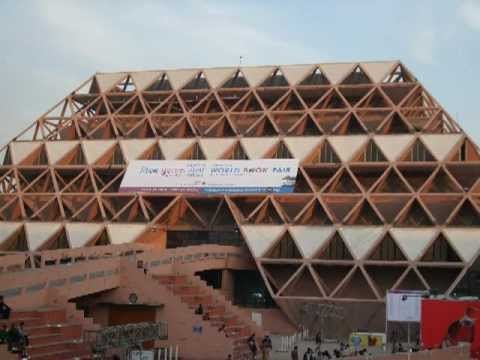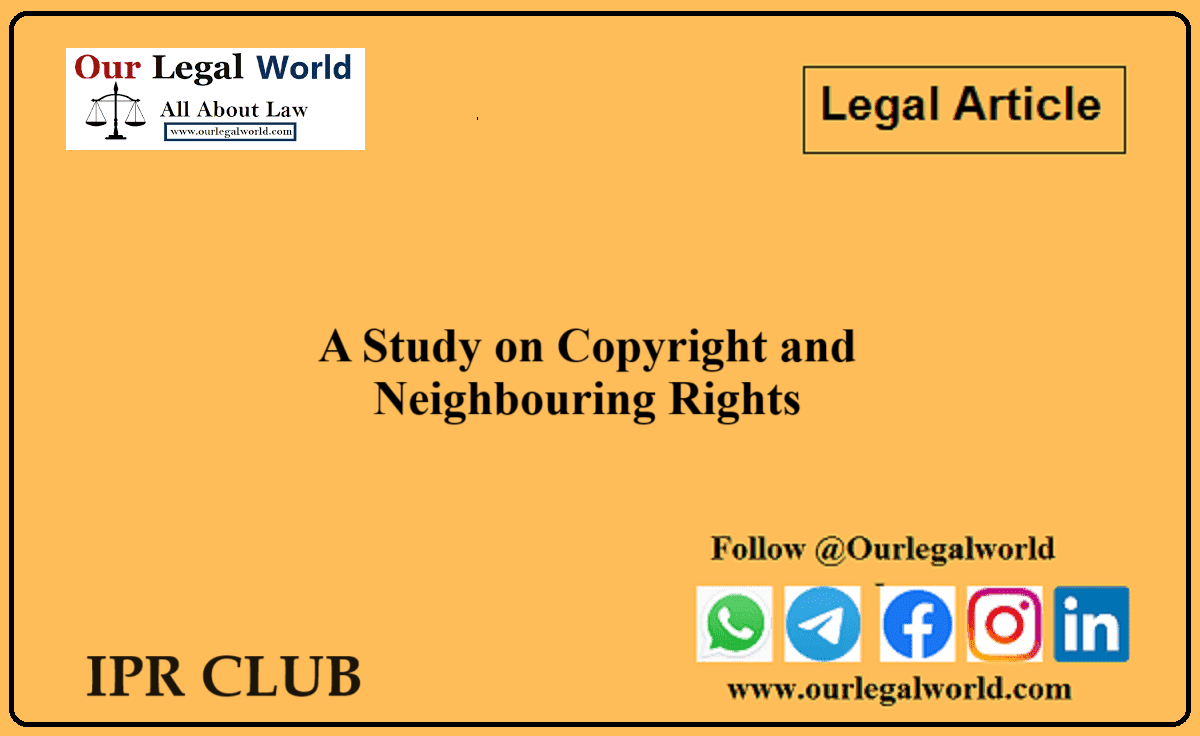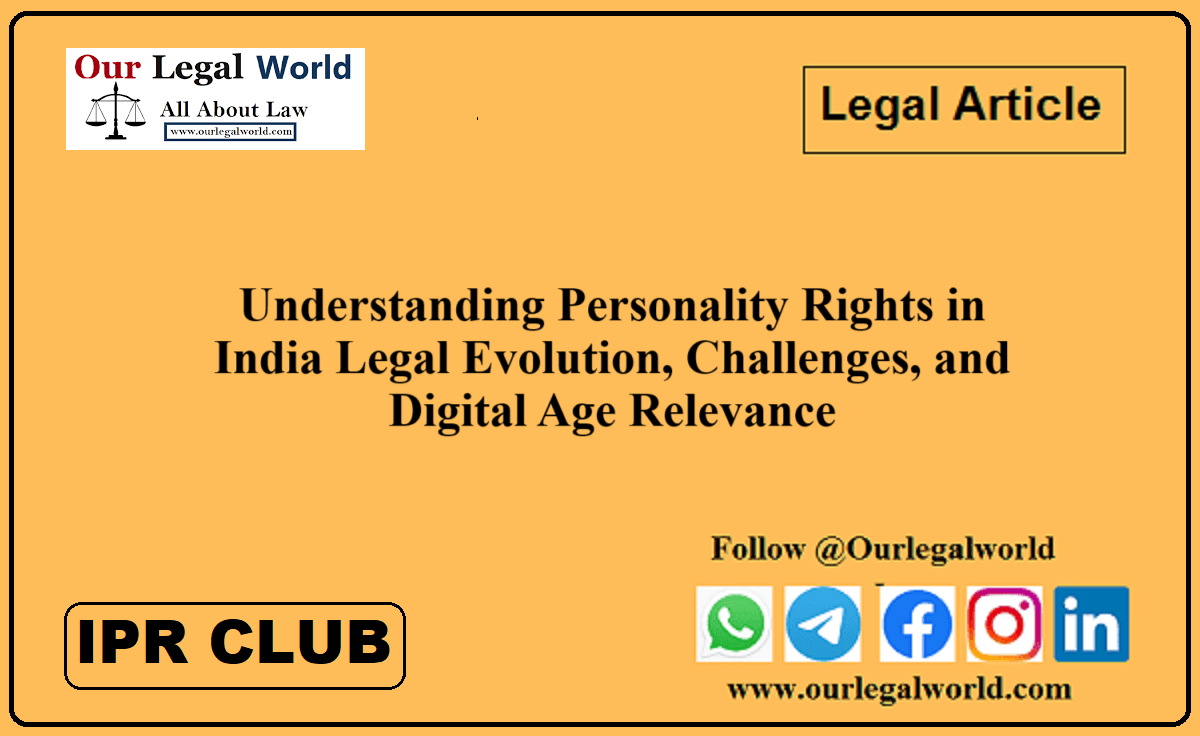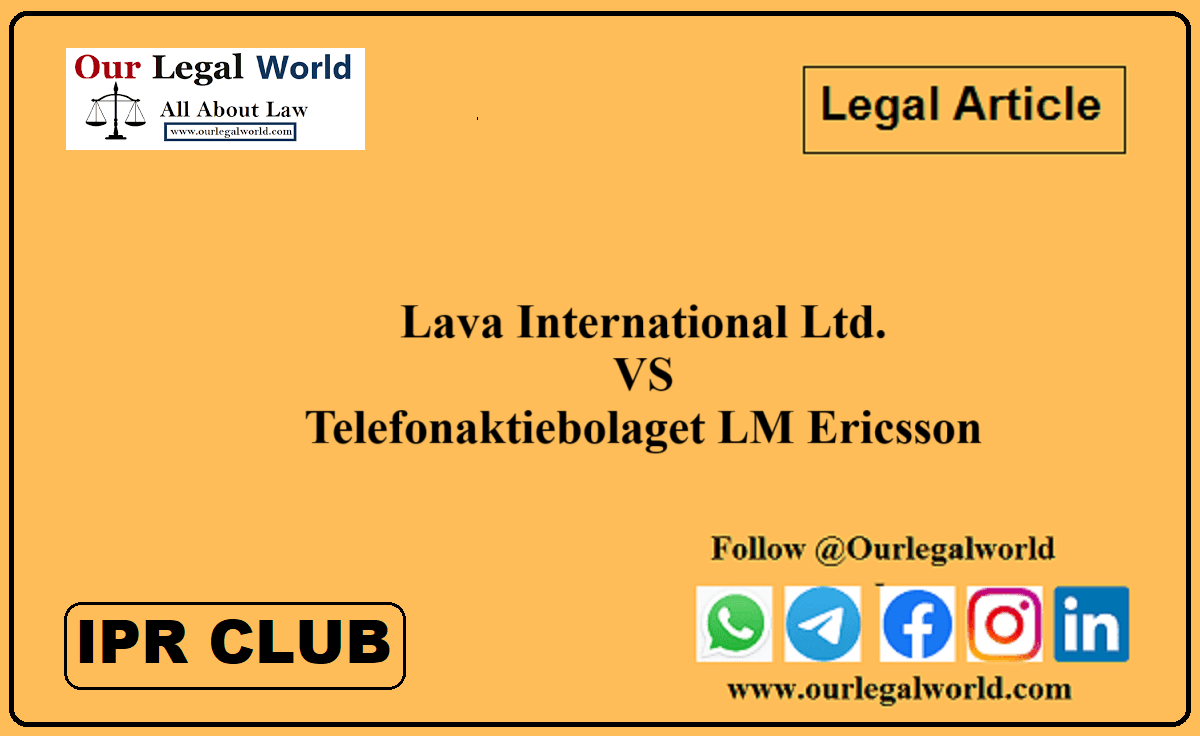A building named Hall Of Nation was erected at Pragati Maidian, Delhi by architect Raj Rewal and structural designer Mahinder Raj. The building stood as a symbol of modern Indian Architecture. Few years back in 2016, the Indian Trade Promotion Organisation proposed an idea to destroy this building and replace it with Integrated Exhibition Cum Convention Center. However the proposal was not accepted as soon as it was proposed due to interventions by Mr. Raj Rewal before various judicial and administrative bodies, later the complex was demolished. The architect brought a suit against Indian Trade Promotion Organisation , the case name being Raj Rewal vs. Union Of India and Ors. in which he pleaded that the demolition of the complex was against the moral rights of the petitioner given in Section 57 of the Indian Copyrights Act.
Section 57 of the above mentioned act provides some special rights known as moral rights to the author of the work. Now the court faced one important question, that if the relief of mandatory injunction sought by the petitioner is granted to him that would mean to restrict the defendant’s right to use his property and land in the way he wants. To answer the same the court observed the relevance of both the rights, the right of the petitioner is merely a statutory right whereas the right of the defendant is the constitutional right. As a general rule constitutional rights must prevail over statutory rights.
Also Read: Son who beats his parents dare not ask share in their property: Gujarat HC
The court further explained the intention of the legislature while framing section 57. The court observed that the right of the author to prevent distortion, mutilation or modification of its work is not absolute and does not prevent destruction in its entirety. The court while dismissing the suit contended that the Copyrights Act should be read harmoniously and it should not abrogate right of the owner over its property.




![Tax Law Internship Opportunity at Legum Attorney [Chamber of Ashish Panday], Delhi [Tax Litigation]: Apply by 2nd November](https://www.ourlegalworld.com/wp-content/uploads/2024/10/Legum-Attorney-Intern.png)


